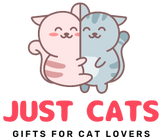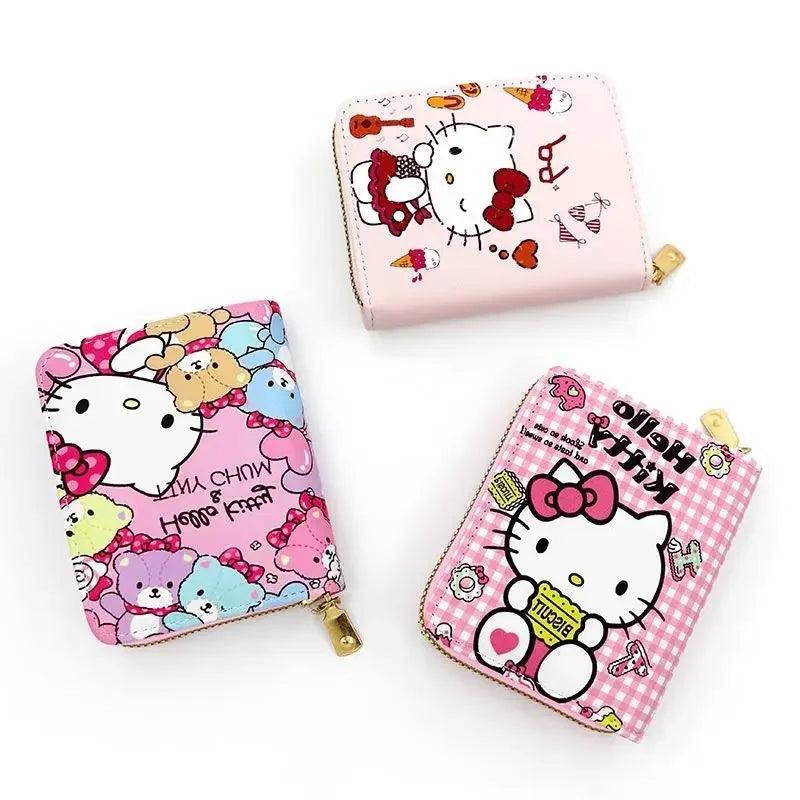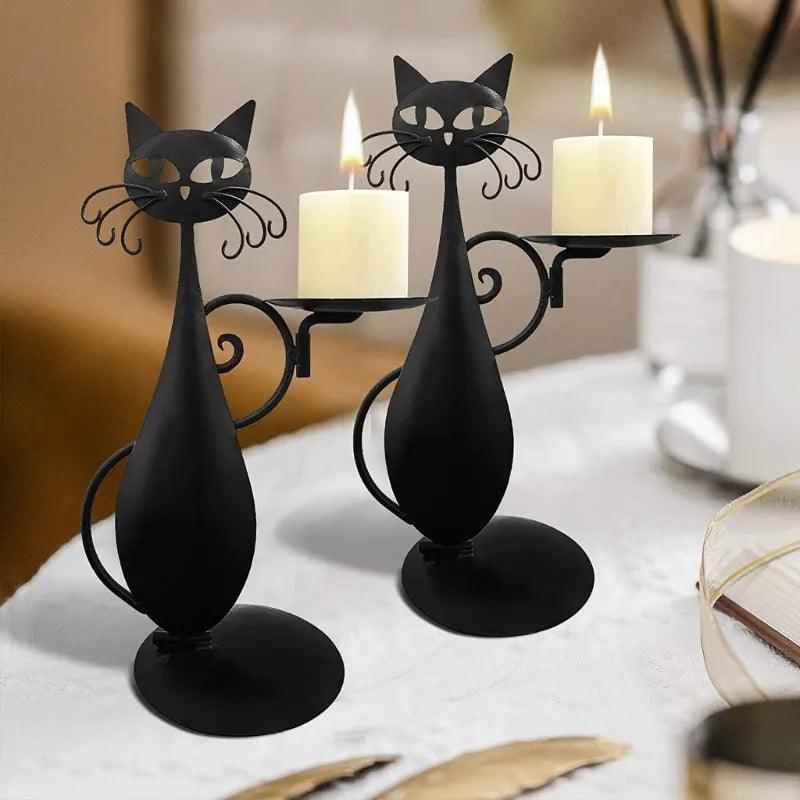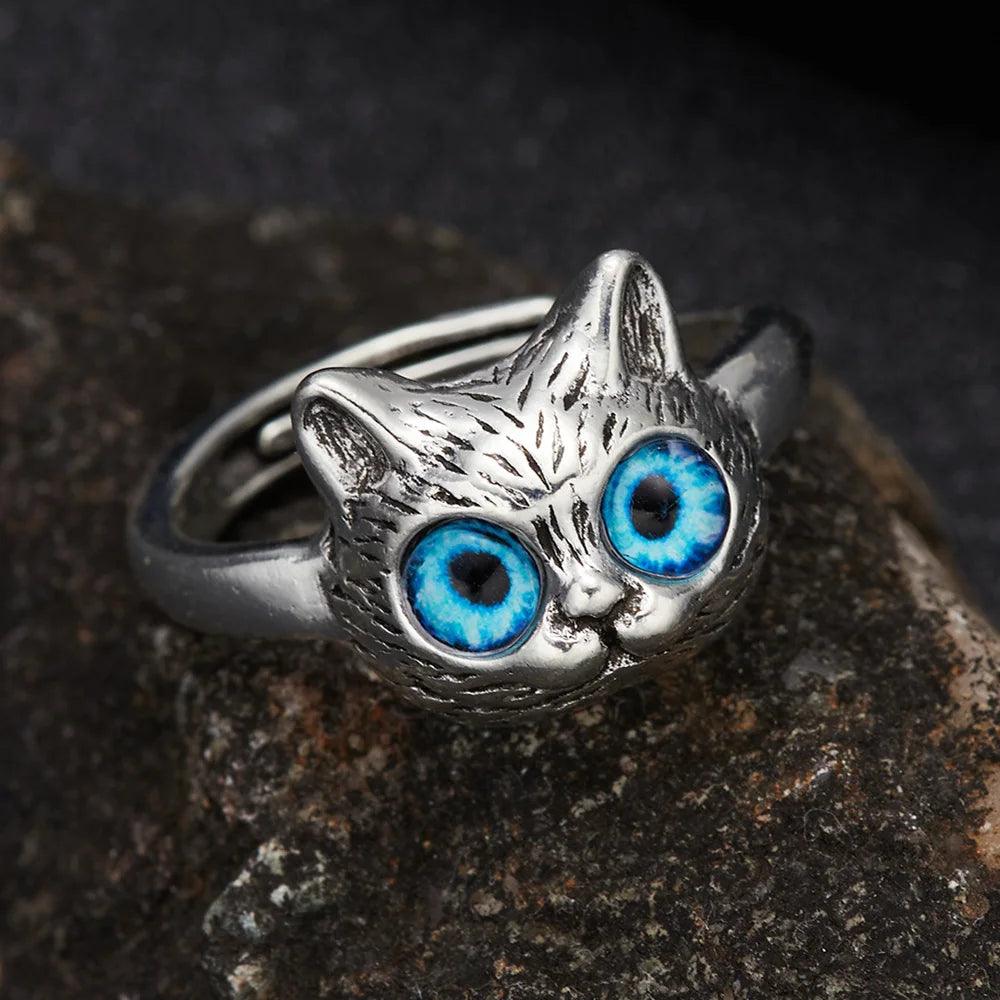Introduction
Purebred cats have long been cherished for their unique appearances and specific traits. These cats often come with a hefty price tag and a promise of pedigree, however, beneath their often striking exteriors, many purebred cats suffer from a range of health issues linked to their genetic lineage, that can lead to a life of pain and discomfort as well as frequent veterinary visits. While these cats can make wonderful companions, understanding these risks is crucial for anyone considering bringing a purebred cat into their home.
The Genetic Burden of Breeding
The primary reason for the increased health risks in purebred cats lies in their genetic makeup. To maintain the specific traits that define a breed—such as the flattened face of a Persian or the folded ears of a Scottish Fold—breeders often rely on a limited gene pool. This practice of inbreeding can lead to a higher likelihood of hereditary diseases being passed down through generations.
The Health Risks of Purebred Cats
Persian cats, known for their distinctive flat faces, are prone to brachycephalic airway syndrome, a condition that can cause breathing difficulties. They are also susceptible to polycystic kidney disease (PKD), a genetic disorder that leads to kidney failure.
Maine Coons, one of the largest domesticated cat breeds, are at risk for hypertrophic cardiomyopathy (HCM), a heart disease that can lead to heart failure. Despite their robust appearance, these gentle giants can suffer from severe health issues that can shorten their lifespan.
Siamese cats are known for their slender bodies and striking blue eyes, but they are also predisposed to certain cancers, respiratory issues, and progressive retinal atrophy (PRA), which can lead to blindness.
Scottish Folds are adored for their unique folded ears, which give them an endearing appearance. However, the gene responsible for this trait is also linked to osteochondrodysplasia, a genetic disorder that affects cartilage and bone development. Cats with this condition can suffer from painful joint and bone abnormalities, leading to lameness and difficulty in movement. This condition is lifelong and requires ongoing pain management.
Sphynx cats, which are known for their hairless body and wrinkled skin, are prone to several health issues due to their lack of fur. The absence of a protective coat makes Sphynx cats more susceptible to skin infections, sunburn, and temperature sensitivity. Additionally, they are at higher risk for hypertrophic cardiomyopathy (HCM), a heart condition that can lead to heart failure.
Bengal cats, with their wild appearance and distinctive spots, are highly sought after. However, they can be prone to a genetic condition known as progressive retinal atrophy (PRA), which causes the degeneration of the retina and can lead to blindness. Bengals are also susceptible to luxating patella, a condition where the kneecap dislocates, causing pain and mobility issues.
British Shorthairs, with their round face and dense coat, are a popular breed known for their calm demeanor. However, this breed is at risk for hemophilia B, a blood clotting disorder that can lead to excessive bleeding from minor injuries. British Shorthairs are also prone to obesity, which can exacerbate other health problems such as diabetes and joint issues.
Ragdolls are beloved for their docile nature and striking blue eyes. Unfortunately, they are prone to bladder stones and urinary tract infections (UTIs), which can cause discomfort and require ongoing medical attention. Additionally, like many large breeds, Ragdolls are susceptible to hypertrophic cardiomyopathy (HCM), a condition that thickens the heart muscle and can lead to heart failure.
These are just a few examples, there are many more types of cat breeds, each carrying their own genetic health risks and need for specialized care.
The Cost of Care
Owning a purebred cat can be financially and emotionally taxing due to the frequent medical care they may require. Veterinary bills for treating chronic conditions like heart disease, kidney failure, and respiratory issues can add up quickly, putting a strain on both your wallet and emotions. The ongoing need for specialized care can also limit the quality of life for these cats, who may spend more time at the vet than enjoying their homes.
The Ethical Dilemma
Beyond the health risks, there is also an ethical component to consider. The demand for purebred cats often fuels unethical breeding practices, where the welfare of the animals is secondary to profit. In some cases, cats are kept in substandard conditions and bred repeatedly without proper regard for their health and well-being. These practices not only perpetuate the cycle of hereditary diseases but also contribute to the suffering of countless animals.
The Alternative: Adoption
While purebred cats may seem appealing, it's important to recognize that there are millions of cats in shelters waiting for a loving home. These cats, often mixed breeds, typically have a more diverse genetic background, which can lead to fewer health problems. Adopting a shelter cat not only saves a life but also reduces the demand for breeding practices that prioritize aesthetics over the health and happiness of the animals.
Shelter cats come in all shapes, sizes, and personalities, offering just as much love and companionship as any purebred. Many of these cats have already been vaccinated, spayed, or neutered, and are ready to become cherished members of your family. By choosing to adopt, you're making a compassionate decision that supports the well-being of animals and helps combat the overpopulation crisis in shelters.
Conclusion: Choose Compassion Over Conformity
While purebred cats can be beautiful and alluring, the health risks and ethical concerns associated with their breeding are significant. By adopting a shelter cat, you can provide a loving home to an animal in need, often with fewer health concerns and a lower financial burden. More importantly, you can take a stand against the unethical practices that perpetuate the suffering of purebred cats. So, the next time you're considering adding a feline friend to your family, remember: love doesn't come with a pedigree. Visit your local shelter and give a deserving cat a second chance at life.











